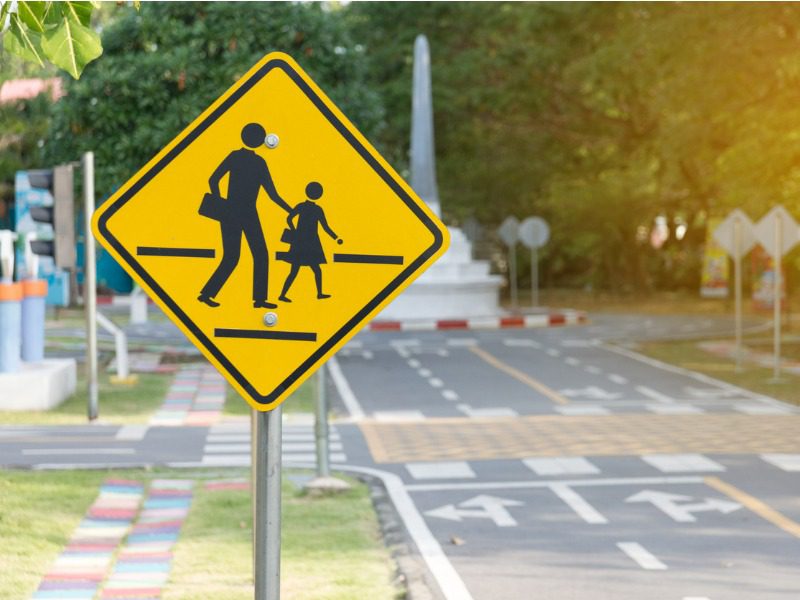Insurer urges lessons for driving in school safety zones

Dangerous driving in school zones is a common occurrence, especially during back-to-school time, according to a survey by the British Columbia Automobile Association (BCAA).
Eighty per cent of those surveyed said they’ve witnessed speeding in school zones, while 77% have seen distracted driving.
Seventy-four per cent of drivers in British Columbia don’t know how to tell when a school zone ends. Fortunately, most BC drivers (81%) know the school zone speed limit is 30 km/h and understand school bus stopping laws (88%).
But 69% of drivers surveyed are confused about stopping in school zones, and 42% don’t know the speed limit after school hours.
These results are based on a survey of 1,001 adult British Columbians, including 123 parents/guardians of elementary or middle school aged children, conducted by Leger this August. The school zone safety quiz included seven questions; on average, respondents got 50% of them correct — equivalent to a “D” grade.
Illegal parking in school zones is also common, with 78% reporting that it’s an issue, and 69% say they have witnessed parents encouraging their kids to break the rules to make the school bell. Road rage and frustrated driving continue to be an issue, the respondents report, with 60% having witnessed drivers acting hostile in school zones.
BCAA says these poor driving behaviours are putting kids at risk.
“School zones are such a unique environment, with pedestrians, scooters, bikes and vehicles all navigating around each other. When you think about kids’ lives being at stake, it’s imperative that we all play our part to minimize risk,” comments Dr. Ian Pike of Preventable, a non-profit BC community group against preventable injuries. “Making sure you know the road safety laws and rules for school zones is homework we should all do.”
These results follow BCAA’s survey from last year, which found most British Columbians (68%) expected school zones to be more chaotic in 2021, as people get used to new drop-off and pick-up routines after the pandemic.
Nearly half of last year’s respondents (48%) believed school zones would be more dangerous due to distracted driving.
Similar to this year’s results, BCAA’s survey in 2021 found British Columbians had become accustomed to seeing poor driving in school zones in pre-pandemic times, with 75% witnessing speeding, 59% seeing aggressive driving, and 68% noting parent drivers not stopping at marked crosswalks.
Feature image by iStock.com/zenstock




